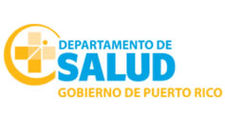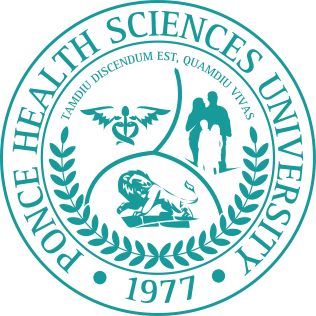
The Ponce Health Sciences University (PHSU), formerly Ponce School of Medicine & Health Sciences, is a private, for-profit university in Ponce, Puerto Rico and St. Louis, Missouri. It awards graduate degrees in Medicine (MD), Clinical Psychology (PsyD and PhD), Biomedical Sciences (PhD), Medical Sciences (MS), and Public Health (MPH and DrPH). The university has 360 students in its medical school and, as of 11 February 2019, was authorized to increase the student body at the medical school to 600 which, when fully in place, will make it the largest private medical school in Puerto Rico and one of the largest under the American flag.
The Puerto Rico Health Reform —Spanish: Reforma de Salud de Puerto Rico, refers to the Medicaid health plan which is a "subset of the larger public government healthcare delivery system" of Puerto Rico. It was once called "La Reforma", later it was called "Mi Salud" and now called Vital but they are all Medicaid, a government-run program which provides medical and healthcare services to indigent and impoverished citizens of Puerto Rico. It was locally referred to simply as La Reforma — for many years. Puerto Rico's Medicaid program is, similar to other Medicaid programs of states of the United States. The funding is by the U.S. Medicaid program in the form of a block grant, unlike how states of the United States Medicaid programs are funded and in 2019 much of the funding was slashed.
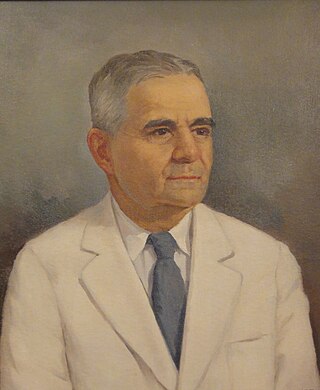
Andrés Grillasca Salas was a Puerto Rican farmer from Adjuntas, Puerto Rico, and Mayor of Ponce, Puerto Rico, from 2 January 1941 to 9 May 1956. Until the 1990s administration of Rafael Cordero Santiago, Grillasca Salas had the distinction of being the longest-serving mayor of the city. He was known to always dress in white clothes.
The Puerto Rico Department of Labor and Human Resources (PRDLHR) is an executive department of the government of Puerto Rico. The DLHR is responsible for setting and implementing public policy in the areas of labor relations, occupational safety, unemployment insurance benefits, re-employment services, and human resources training in the U.S. Commonwealth of Puerto Rico. The Department is also responsible for some economic statistics.

The Puerto Rico Department of Natural and Environmental Resources (PRDNER) is the executive department of the government of Puerto Rico tasked with protecting, conserving, developing, and managing the natural and environmental resources in Puerto Rico. As of April 2022 the current interim Secretary is Anaí Rodríguez after the resignation of Rafael A. Machargo. As of November 2020 the department has 1,096 employees.
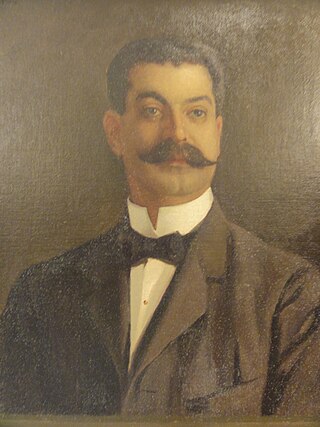
Ricardo Ulpiano Colóm y Ferrer was Mayor of Ponce, Puerto Rico, during part of 1898. He was the second of two mayors to lead the municipality of Ponce under the Spanish Crown's "Decreto Autonómico para Puerto Rico", whereby Puerto Rico was granted autonomy by Spain.

The Puerto Rico Department of Correction and Rehabilitation is the law enforcement executive department of the government responsible for structuring, developing, and coordinating the public policies in Puerto Rico, an unincorporated territory of the U.S. The department has authority over its correctional system and the rehabilitation of its adult and young population who have broken the law.

The Puerto Rico Department of Agriculture is one of the few Cabinet-level government agencies explicitly created by the Constitution of Puerto Rico as the Department of "Agriculture and Commerce", most of the commerce at the time of its enactment being agriculture-based. The DAC oversees rural development work and conservation and is headed by a cabinet secretary. The current secretary is Ramón González Beiró who was confirmed in May 2021.

The executive branch of the government of Puerto Rico is responsible for executing the laws of Puerto Rico, as well as causing them to be executed. Article IV of the Constitution of Puerto Rico vests the executive power on the Governor—whom by its nature forms the executive branch.
The Secretary of Health of Puerto Rico leads the Department of Health of Puerto Rico and all efforts related to health in Puerto Rico.

Rafael Rodríguez Mercado is a Puerto Rican neurosurgeon and military officer. He was the Secretary of Health of Puerto Rico from 2017 until his resignation in 2020. Rodríguez Mercado previously served as chancellor of the University of Puerto Rico, Medical Sciences Campus.
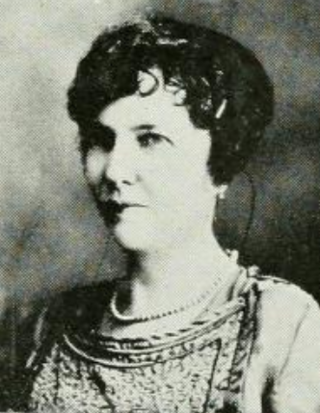
Milagros Benet de Mewton was a Puerto Rican educator, women's rights advocate and suffragist. Born into an intellectual, liberal family, Benet trained as a teacher. Inhabitants of the island gained U.S. citizenship in 1917, two decades after the United States acquired Puerto Rico from Spain in the Spanish–American War. Benet was active in the struggle for women's enfranchisement and joined the first suffragist organization Liga Femínea Puertorriqueña that year. When U.S. women gained the right to vote with the passage of the 19th Amendment in 1919, Benet led the push to extend its coverage to Puerto Rico. In 1924, she filed a lawsuit challenging the right of the electoral board to refuse to register women as they were U.S. citizens. The Supreme Court of Puerto Rico ruled that states and territories have the right to determine who can vote and denied her claim.

The COVID-19 pandemic in Puerto Rico was an ongoing viral pandemic of coronavirus disease 2019 (COVID-19), a novel infectious disease caused by severe acute respiratory syndrome coronavirus 2 (SARS-CoV-2). It is part of the ongoing COVID-19 pandemic.

The government of Pedro Pierluisi Urrutia was formed in the weeks following the 2020 Puerto Rico gubernatorial election as he released a list of nominees for most of the positions before his swearing in on 2 January 2021. His New Progressive Party (PNP) not having a majority in either chamber of the 19th Legislative Assembly of Puerto Rico meant that he would have to further negotiate the approval of his nominees with the opposition parties that hold control of the legislature.
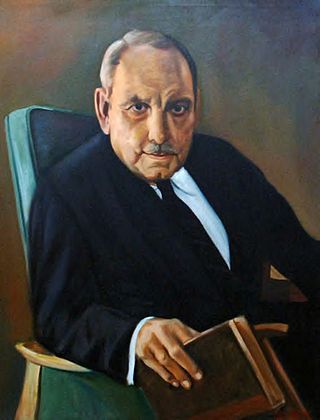
The government of Governor of Puerto Rico Luis Muñoz Marín was that of the first elected governor. In addition to that, it was the first whose cabinet did not receive the advice and consent of the United States Senate, but from the Puerto Rico Senate. This all came as part of the 1947 Puerto Rico Elective Governor Act. During this government, the Puerto Rican people addressed via Puerto Rico Federal Relations Act of 1950's mechanism the creation of their own constitution, which was ratified and enacted in the latter months of the Muñoz Marín government, which reconfigured the system of government by creating the Puerto Rico Council of Secretaries and enlarged the Legislative Assembly's chambers. The Commonwealth of Puerto Rico was established, and the 1952 Commonwealth Constitution is, with some amendments, the current constitution of the archipelago.

The government of Wanda Vázquez Garced was formed the week following the resignation of Governor Ricardo Rosselló Nevares as a result of the massive protests resulting from the Telegramgate scandal, and a Supreme Court decision that vacated the office from an invalid occupant.

This second government of Governor of Puerto Rico Luis Muñoz Marín followed his reelection after the enactment of the 1952 Commonwealth Constitution. In many ways it was a continuation of the previous government, with some changes in key positions such as the Secretary of Justice, and decreased control of the Senate of Puerto Rico and House of Representatives of Puerto Rico by virtue of the expansion of the Legislative Assembly's chambers and the effects of Article III, Section 7 of the Constitution of Puerto Rico (1952).

This third government of Luis Muñoz Marín followed his second reelection. In many ways it was a continuation of the previous government, with some changes in positions such as the Secretary of Justice, Agriculture, and the same amount of supermajoritarian control of the Senate of Puerto Rico and House of Representatives of Puerto Rico, while the opposition composition shifted from being led by the Puerto Rican Independence Party to the Partido Estadista Republicano, their presence bolstered by virtue of the effects of Article III, Section 7 of the Constitution of Puerto Rico (1952).

This fourth and last government of Luis Muñoz Marín followed his third reelection. In many ways it was a continuation of the previous government, with one change in positions, the Secretary of Labor, and the same amount of supermajoritarian control of the Senate of Puerto Rico and House of Representatives of Puerto Rico.
